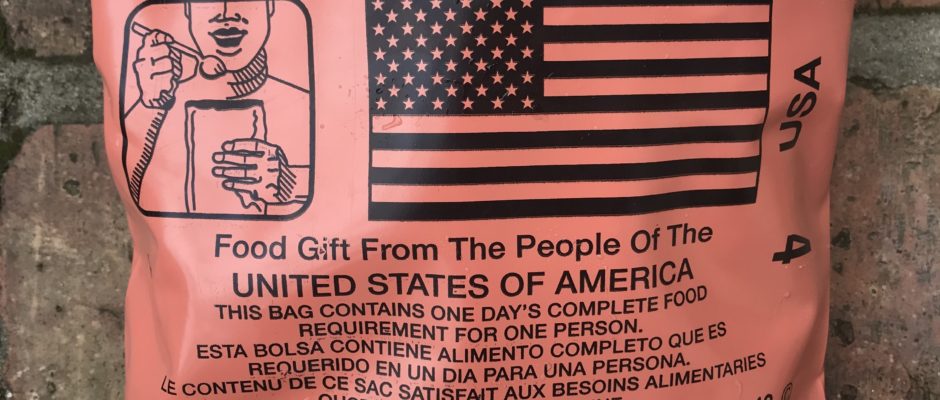There was a time when there was a certain romance associated with the gusty howling winds of a summer hurricane beckoning us to slow down and sit on the porch as the tempest blew its way across the gulf coast.
To those of us that have chosen to live in the watery world that is coastal Louisiana, we instinctively know what to do when a hurricane is brewing. The relationship between our people and nature, especially water, is an intimate one in Louisiana. And, the rituals associated with hurricane season are a part of our culture.
From early on and before precise weather forecasting and spaghetti models, people looked to the skies which would glow as the birds flew west warning of bad weather that was imminent. Puffy clouds accumulated high in the sky and the sea water churned dark and foreboding. The tall pines seemed to dance as they swayed and bent down gracefully almost touching the earth while the winds roared and the rain pelted us with stinging showers. If you listened you could hear the trees talking and the old wooden boards of our house moaning and groaning and telling their story as the storm breathed heavily.
The phrase “batten down” or “hunker down” may not mean anything to those who live in other parts of the country. But when a hurricane nears the Louisiana coast, we know how to batten down and secure our homes and understand the need to hunker down in a safe place until the storm blows through.
In my younger years we never evacuated. The word “contra-flow” was not part of my vocabulary. We hunkered down in our home with immediate family, stocked up on food, flashlights, batteries, and candles, and reveled as if we were on holiday. Even the hot humid days in the aftermath of the raging storm were tolerable as we were out of school and the neighborhood was a flurry of activity. It was a collective community effort as we all pitched in to pick up debris and tree limbs and make home repairs. As the sun went down, the adults would gather around the grill and light up the charcoal for a neighborhood BBQ to cook the thawing food that had been rescued from our refrigerators and freezers. As children we ran freely and with abandon into the post storm pitch black streets with only the twinkle of candlelight from the windows of our homes and the fireflies lighting our way.
It was a slower time, a time to pause, a time to literally pick up the pieces and reevaluate the importance of the simplest of things; friends, family and neighbors coming together to support one another and rebuild our communities one home at a time. My heart is broken for our neighbors in south Louisiana whose homes and small unique bayou communities are so broken. We are a resilient, although weary, and compassionate people. I hope that each of us can find it in our hearts to lend a hand in some way to these small communities that must not be forgotten and these cultures that we cannot afford to lose.



Comments are closed.